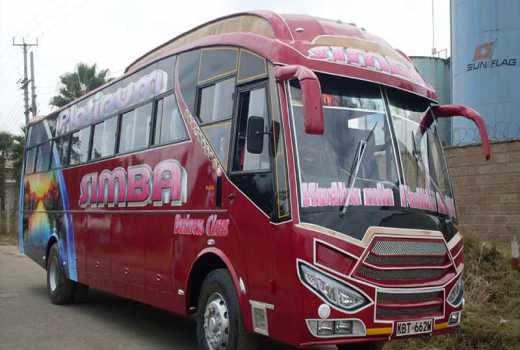
On January 6, 2018, a bus belonging to Simba Coach Bus Company was torched by irate boda boda riders after it hit and killed their colleague at Kijiwenga on the Mombasa-Malindi highway. Sad as it was, it was news anyway, and journalists had to inform their readers.
An online newspaper edition that carried the story published it in such an outrageous manner, it was the presentation, rather than the story, that became the news. It was a classic case of ‘first language’ interference hampering the work of a journalist. The first contact language for most of us was our mother tongue. That is something to be proud of because it keeps us in touch with our culture.